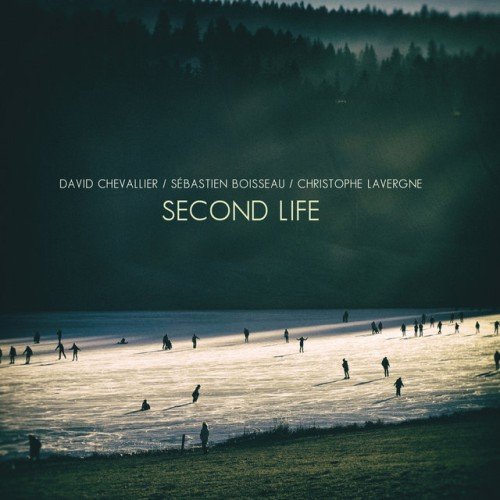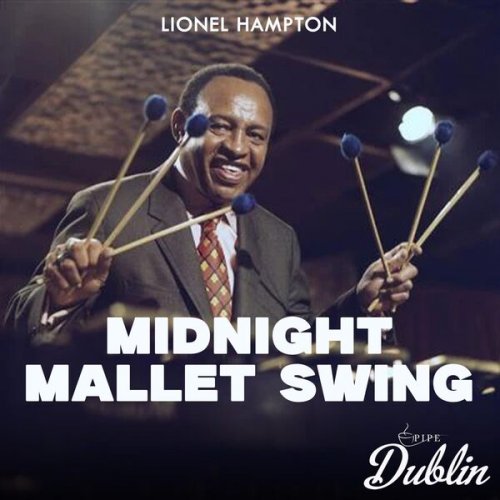Christ Church Cathedral Choir - John Taverner: Misa Gloria tibi Trinitas (2007)
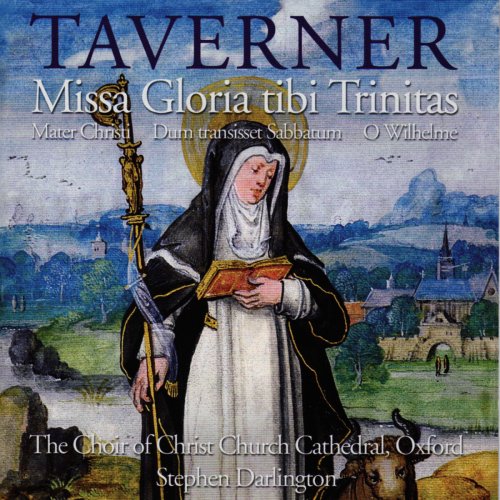
Artist: Christ Church Cathedral Choir
Title: John Taverner: Misa Gloria tibi Trinitas
Year Of Release: 2007
Label: Avie Records
Genre: Classical
Quality: FLAC (tracks)
Total Time: 01:02:59
Total Size: 302 MB
WebSite: Album Preview
Tracklist:Title: John Taverner: Misa Gloria tibi Trinitas
Year Of Release: 2007
Label: Avie Records
Genre: Classical
Quality: FLAC (tracks)
Total Time: 01:02:59
Total Size: 302 MB
WebSite: Album Preview
Gloria tibi Trinitas, antiphon in mode 1 (Liber Usualis No. 914) -
01. Cantus firmus - [00:41]
02. Kyrie: Deus creator omnium - [02:16]Missa "Gloria Tibi Trinitas" for six voices -
03. Gloria - [12:56]
04. Credo - [10:53]
05. Sanctus - [05:47]
06. Benedictus - [04:14]
07. Agnus Dei - [09:07]08. Mater Christi, antiphon for 5 voices - [06:21]
09. Dum transisset sabbatum (i), motet for 5 (another version exists for 4) voices - [06:54]
10. O Wilhelme, pastor bone, antiphon for 5 voices (lost, but same as Christe Jesu; lacks tenor part) - [03:50]
John Taverner's Missa Gloria tibi Trinitas lacks familiarity commensurate with its influence -- it was a sterling example of the cantus firmus mass technique that helped establish the High Renaissance style in England, and the "in nomine" section of its Benedictus was such a perfectly self-contained piece of polyphony that it spawned an entire tradition of instrumental elaborations, known as In nomines even though they were textless. The reason for its neglect may be that English polyphony is a bit harder for the average listener to grasp than the mystical, numerological swirls of Ockeghem or the clear architecture of Josquin, but this recording by the men-and-boys Choir of Christ Church Cathedral, Oxford, the descendant of the choir that was there when the work was first performed, does it full justice. They offer textures clear enough to hear the cantus firmus structure, aided by its presentation in plainchant at the beginning of the program. (There is also a Kyrie sung in chant, for the mass does not contain one -- the Kyrie during this epoch of English music was often not set polyphonically.) Yet the cathedral-choir clarity does not preclude a certain excitement that is fully appropriate to this big mass, which is full of dramatic strokes -- wildly extended and elaborated duos (hear the setting of "Domine Fili unigenite" in the Gloria), swelling climaxes that take full advantage of the rich six-part texture, and sudden mode changes that have the effect of a burst of sunlight. Top it off with engineering that actually lets you hear the words being sung, which is far from a given in recordings made in English cathedrals, and you have a disc that belongs in any good collection of Renaissance sacred polyphony or English music.
Download Link Isra.Cloud
Christ Church Cathedral Choir - John Taverner: Misa Gloria tibi Trinitas (2007)
My blog
Christ Church Cathedral Choir - John Taverner: Misa Gloria tibi Trinitas (2007)
My blog
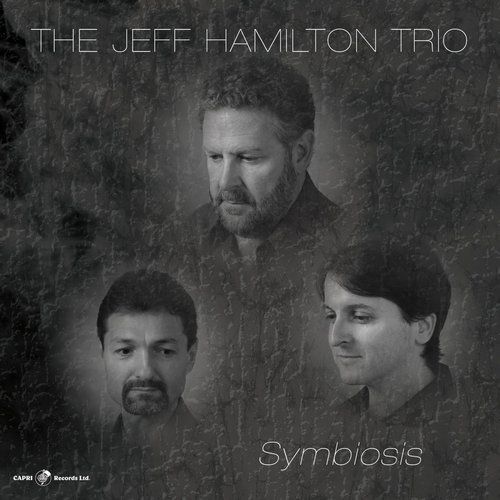
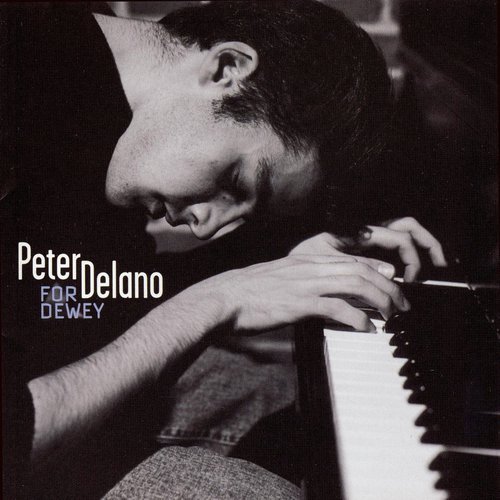
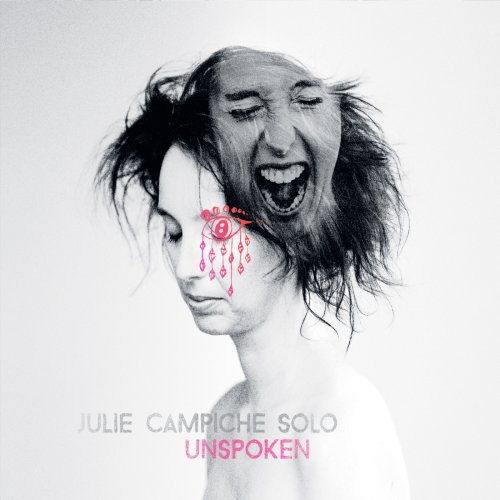
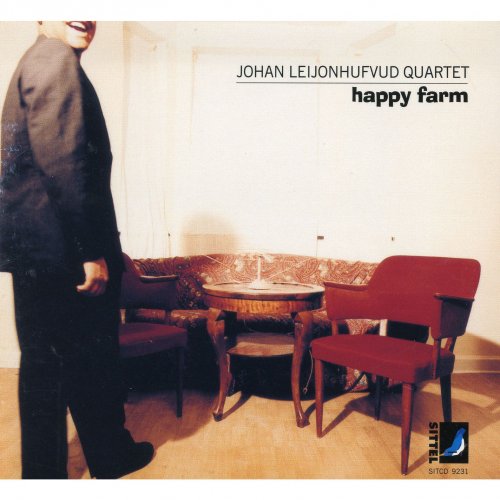
![Gregory Lewis & Ms. Raina - Organ Monk Sings (Introducing Ms. Raina) (2026) [Hi-Res] Gregory Lewis & Ms. Raina - Organ Monk Sings (Introducing Ms. Raina) (2026) [Hi-Res]](https://www.dibpic.com/uploads/posts/2026-02/1770839809_owtxytnszg5nv_600.jpg)

